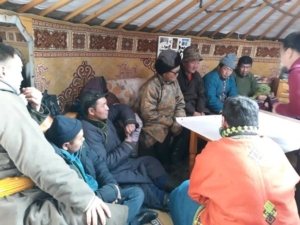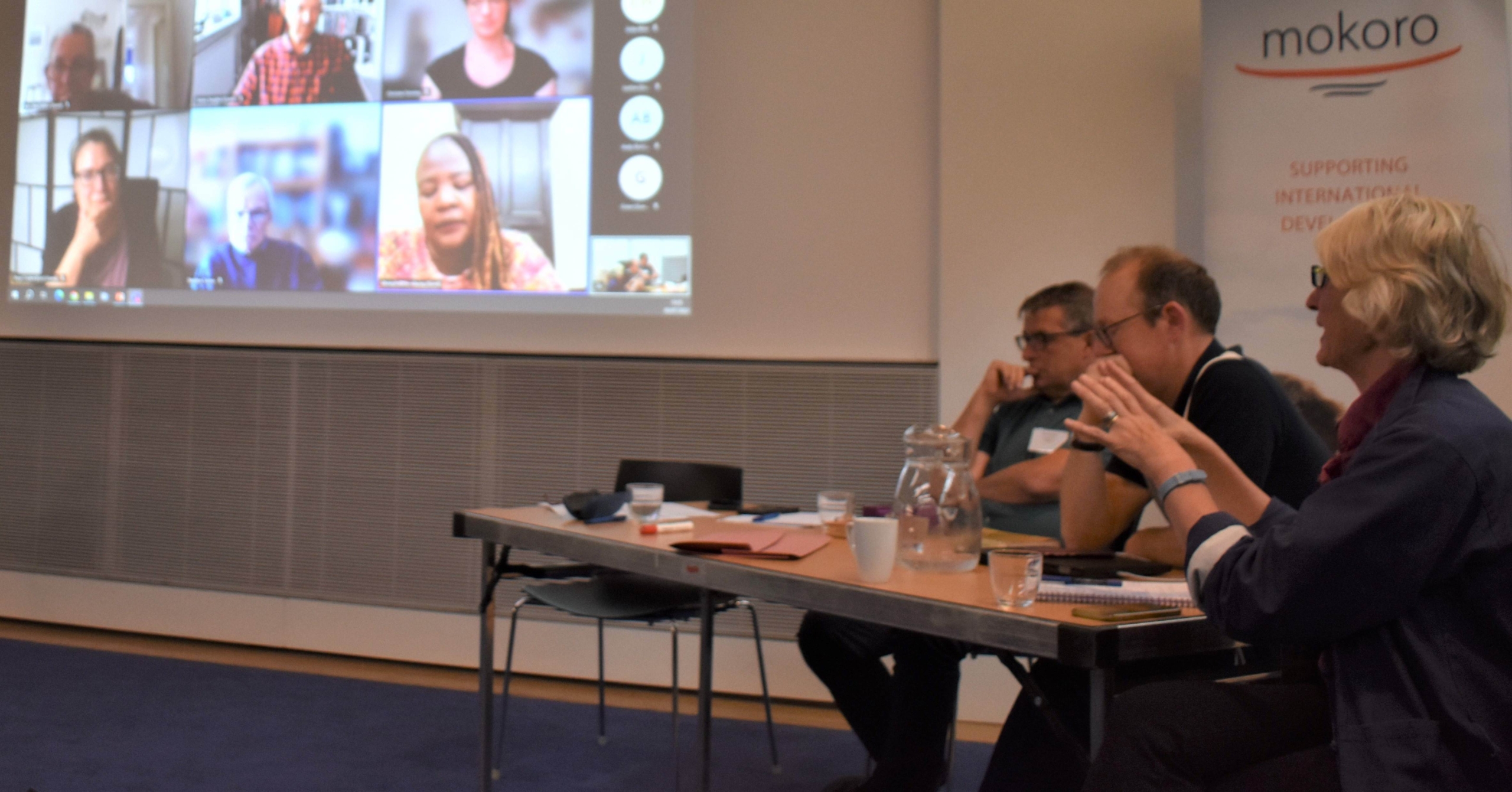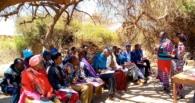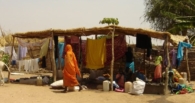Gender guidelines to be distributed in all 330 districts of Mongolia
Pilot study supports national roll-out of participatory land use planning
Elizabeth Daley
30 March 2021
/
- 0 Comments
Sound, sustainable land management is critical to the long-term viability of Mongolia’s traditional herding way of life. And careful planning at local level, in a participatory and gender-inclusive way, is needed to underpin that.
In August 2018, Mongolia’s Agency for Land Administration and Management, Geodesy and Cartography (ALAMGAC), embarked on a formal collaboration to develop ‘gender guidelines’ for such local planning processes with the Women’s Land Tenure Security project (WOLTS) of Mokoro Ltd (UK) and Mongolian project partner, People Centered Conservation (PCC).
At that time, the WOLTS team was carrying out research on the intersection of gender, land, mining and pastoralism in several soums (districts) of Mongolia. One of these – Dalanjargalan (in Dornogobi aimag (region)) – was one of the first soums taking part in ALAMGAC’s national roll-out of broader guidelines for medium-term land management planning, using a participatory approach to natural resource mapping already developed by ALAMGAC.
As a result of earlier WOLTS research in Mongolia, and of findings shared at a project workshop in Mongolia’s capital, Ulaanbaatar, in October 2017, strong common interests were identified, and PCC and Mokoro agreed with ALAMGAC to provide support in refining the medium-term soum land management planning methodology so as to strengthen its gender-sensitivity and overall inclusivity of vulnerable social groups.
Through 2018 and 2019, as the WOLTS project moved into a new phase of research involving the development of a ‘gender champions’ training programme to support responsible land governance at community level, the project team collaborated with ALAMGAC technicians and the soum and aimag governments to prepare specific technical guidance for public consultations during medium-term soum development planning, based on the research tools and methodologies developed and used in the WOLTS research, and using the preparation of the Dalanjargalan Soum Development Plan as the test case.

© WOLTS Team
Based on this collaboration, the WOLTS team then drafted ‘gender guidelines’ for inclusion within the next printing of ALAMGAC’s soum land management planning manual. As we write this article, and despite various COVID-19 related delays, the updated manual is being distributed throughout all 330 soums of Mongolia. PCC has also been invited to start introducing key elements of the gender guidance to soum government land officers during wider ALAMGAC training on local land management planning processes with each aimag.
We are delighted today to be able to share these collaborative ‘gender guidelines’ online in stand-alone format, in both English and Mongolian languages, for reference by the global land community. While the public consultation process outlined within was designed specifically for the Mongolian context, there are elements that will be of relevance to all those engaged in local land management planning in other pastoralist regions of the world. We hope our guidelines will also be of broader interest to those working in the field of women’s land rights, as they provide an example of how to mainstream attention to gender issues – as well as issues for all vulnerable groups – within broader land management planning processes, in a highly participatory, consultative and collaborative way.
The ‘gender guidelines’ are available in English here and in Mongolian here, and the full Mongolian medium-term soum land management planning manual is available in Mongolian here.
We warmly welcome feedback, comments and enquiries about how the ‘gender guidelines’ might be adapted to support more participatory and gender-sensitive local land use planning in other countries and contexts, or about how more communities within Mongolia might be supported to implement them. We also hope in future to be able to share key lessons from the Mongolian experience with the global land community in person, when circumstances permit.
Dr. Elizabeth Daley is Team Leader of the global WOLTS project and a Principal Consultant with MokoroLtd, a UK-based not-for-profit organisation; she also serves independently as a Board Member of the Land Portal Foundation. Mr. Batsaikhan, J., is Director of the Land Management Department of Mongolia’s Agency for Land Administration and Management, Geodesy and Cartography (ALAMGAC). Ms. Lkhamdulam, N., is Managing Director of the Mongolian NGO, People Centered Conservation (PCC).
To contact us about the guidelines please email edaley@mokoro.co.uk, batsaikhan_jav@yahoo.com and lkham5@yahoo.com
This article has been simultaneously published on the Land Portal.



